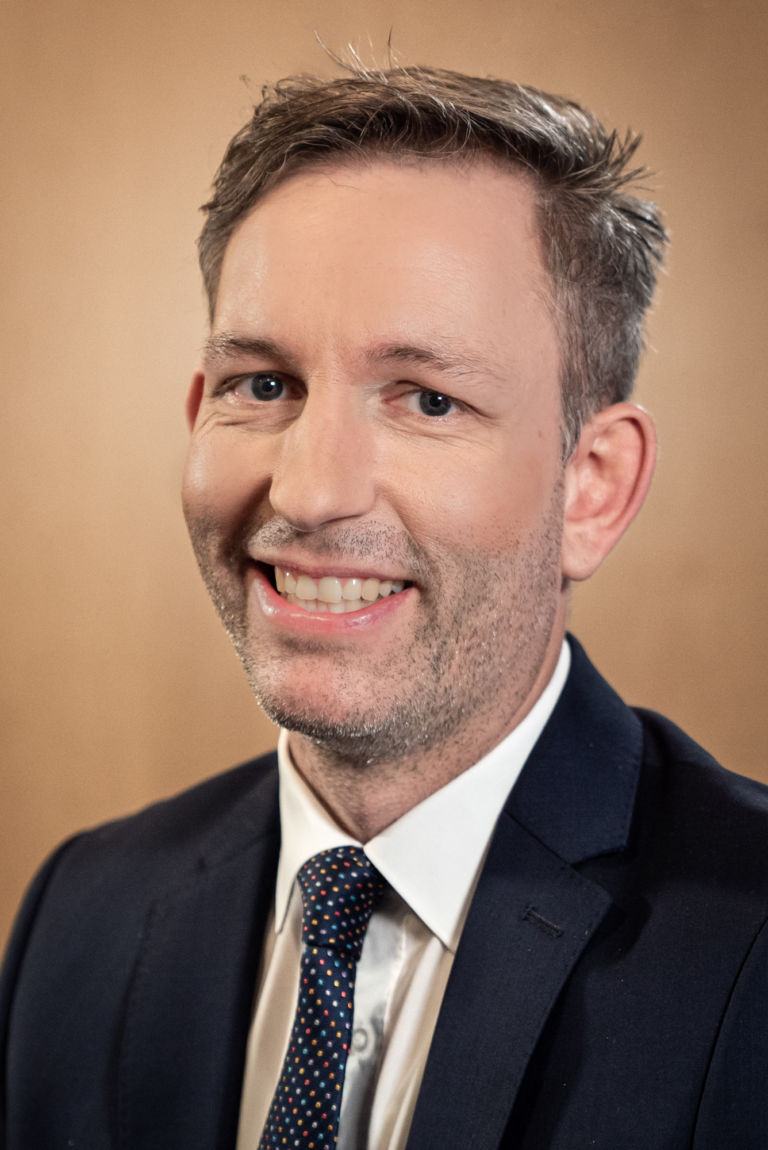Friedensforscherin: Europäische Atombewaffnung ist kontraproduktiv
Am Rande der Tagung interviewte der Journalist Reimar Paul vom Evangelischen Pressedienst die Friedensfroscherin Juliane Hauschulz. Hier finden Sie den Bericht:
Die Friedensforscherin Juliane Hauschulz hat die Debatte über eine europäische Atombewaffnung als kontraproduktiv bezeichnet und einen entsprechenden Vorstoß der SPD-Europapolitikerin Katarina Barley zurückgewiesen. Eine solche Diskussion missachte die aktuellen Strukturen, die eine atomare Bewaffnung der Europäischen Union unmöglich machten, sagte Hauschulz dem Evangelischen Pressedienst (epd). Hauschulz ist Vorstandsmitglied von ICAN Deutschland (Internationale Kampagne zur Abschaffung von Atomwaffen) und Campaignerin für Nukleare Abrüstung bei der atomkritischen Ärzteorganisation IPPNW. Sie äußerte sich zum Auftakt der Tagung „Nukleare Eiszeit?“ in der Evangelischen Akademie Loccum.
Entscheidungen der Außen-, Sicherheits- und Verteidigungspolitik würden in der EU einstimmig getroffen, aber mit Irland, Malta und Österreich hätten bereits drei EU-Staaten den Atomwaffenverbotsvertrag unterzeichnet, betonte Hauschulz. „Eine EU-Atombewaffnung würde schon an deren Veto scheitern, eine europäische Atomwaffe müsste also von einer Staatenkoalition jenseits der EU organisiert werden.“
Zudem verstoße sowohl eine atomare Bewaffnung der EU als auch einer davon unabhängigen Staatenkoalition gegen den Nuklearen Nichtverbreitungsvertrag, fügte Hauschulz hinzu. Gerade die europäischen und die Nato-Länder betrachteten diesen Vertrag als Fundament der nuklearen Ordnung: „Dieses Fundament einzureißen könnte kaum im Interesse der europäischen Staaten sein. Anstatt also über europäische Atomwaffen nachzudenken, die sowohl für Europa als auch für die Welt mehr Unsicherheit bringen würden, sollte die EU darüber diskutieren, wie sie ihrem eigenen Anspruch als Friedens- und Werteunion wieder gerecht werden kann.“
Gleichzeitig bekräftige Hauschulz die Forderung ihrer Organisationen nach einer weltweiten Abschaffung aller Atomwaffen: „Wir sollten das Ziel einer Welt ohne Atomwaffen niemals aufgeben“, erklärte sie. „Denn es wäre die Kapitulation vor menschengemachten, aber angeblich nicht veränderbaren Zwängen.“ Natürlich sei das Vertrauen in der internationalen Gemeinschaft derzeit gering, die fehlende Kooperation zwischen den Staaten, gerade auch zwischen Russland und den USA, sei schwer wieder in Gang zu bekommen. „Dennoch können wir es uns nicht leisten, das einfach zu akzeptieren und unsere Ziele anzupassen.“
„Wir leben in einer Welt der multiplen Krisen, von denen keine von einem Staat alleine gelöst werden kann“, sagte Hauschulz. Die Klimakrise, die Verhinderung weiterer Pandemien, nukleare Abrüstung – all diese Herausforderungen benötigten internationale Kooperation und Ressourcen. 2023 hätten die Atomwaffenstaaten 91,4 Milliarden US-Dollar in Atomwaffen gesteckt – Gelder, die in anderen Bereichen fehlten. „Wir alle müssen uns endlich darüber bewusst werden, dass wir nur gemeinsam weiterleben können und dass dafür Kommunikation, Kooperation und im Endeffekt auch das Rückstellen eigener Interessen notwendig ist. Das wird nicht von heute auf morgen geschehen, aber wir müssen heute damit anfangen.“
epd-Gespräch:
Reimar Paul (epd)

